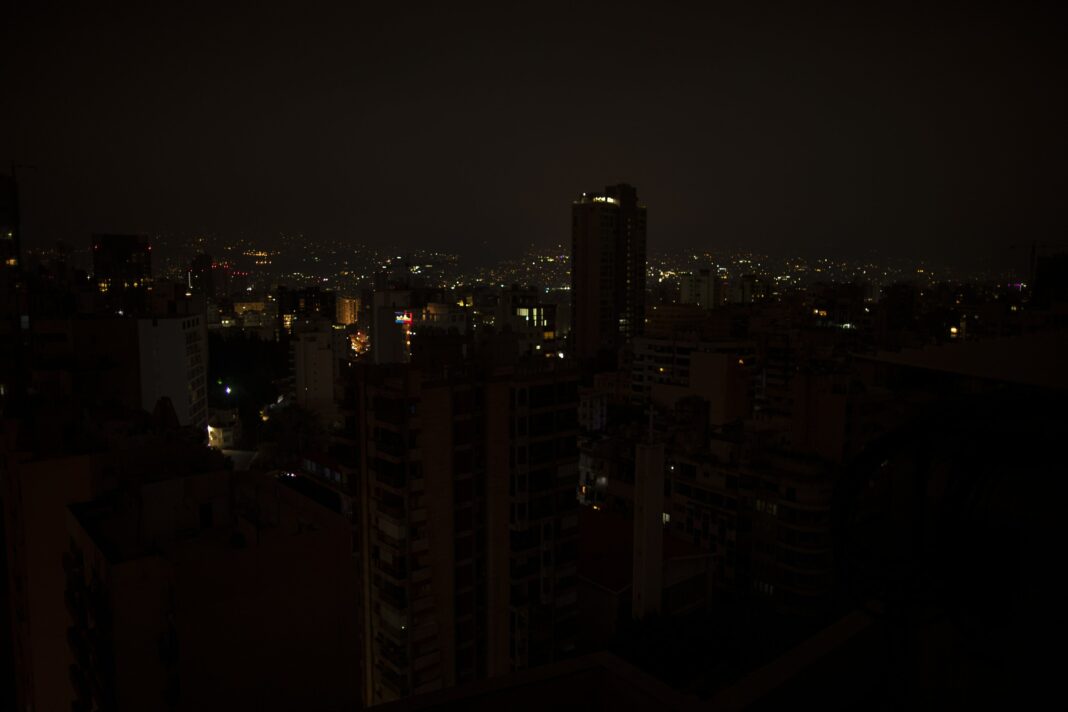|
Getting your Trinity Audio player ready...
|
By World Israel News Staff
Wide swathes of Lebanon, including Rafiq Hariri Beirut International Airport and the Port of Beirut, were plunged into darkness on Saturday as the country’s last functioning power plant ran out of fuel.
Fadi Al-Hassan, the General Director of Beirut Airport, told local newspaper Al-Nahar that the airport is currently dependent on generators and said he hoped that the crisis would soon be resolved.
#Lebanon faces complete #power #outage:”..the widespread #blackout in Lebanon was caused by a shortage of #gas #oil…” #Libanon #Stromausfall https://t.co/7fMisX9NNY
— DB0NOT Krisenvorsorge, Energie & Stromausfall News (@DB0NOT_org) August 18, 2024
For years, Lebanon has faced an electricity crisis stemming from widespread financial mismanagement and corruption. Lebanon’s state electricity suppliers have only provided power for several hours each day, often unreliably, forcing many Lebanese to rely on private generators.
Lebanon’s national electric company said in a statement that its final production units at the Zahrani Power Plant – the county’s only functioning plant – had gone offline due to a lack of fuel.
The shutdown at Zahrani “came after exhausting all possible precautionary measures to prolong energy production,” the electricity company claimed.
It added that it would “restart the production units at the Zahrani Plant that were forcibly taken offline, in line with the storage that will be available to it after securing fuel, to gradually restore electricity supply to its previous levels
#ECONOMY– Caretaker Minister of Energy Walid Fayad announced, late on Saturday evening, that a solution had been found to the total blackout that Lebanon has been experiencing since Saturday afternoon.https://t.co/g1bp3Np3vo
— This is Beirut (@ThisIsBeirut_) August 18, 2024
Notably, it gave no time frame in which production at the plant is expected to be restored.
The outage has affected water pumping and distribution centers, along with sewage and waste management systems.
Lebanese officials told the public to conserve their water and limit consumption “until further notice.”
Lebanon’s Energy Minister Walid Fayyaz said he “hoped” that emergency shipments of fuel from Egypt, which are needed to restart production at Zahrani, would arrive by August 23rd.
Some Lebanese have blamed Hezbollah for the country’s current crisis, which has also seen a severe drop in the value of its currency.
Residents fear that an escalation in the ongoing fighting betwe





